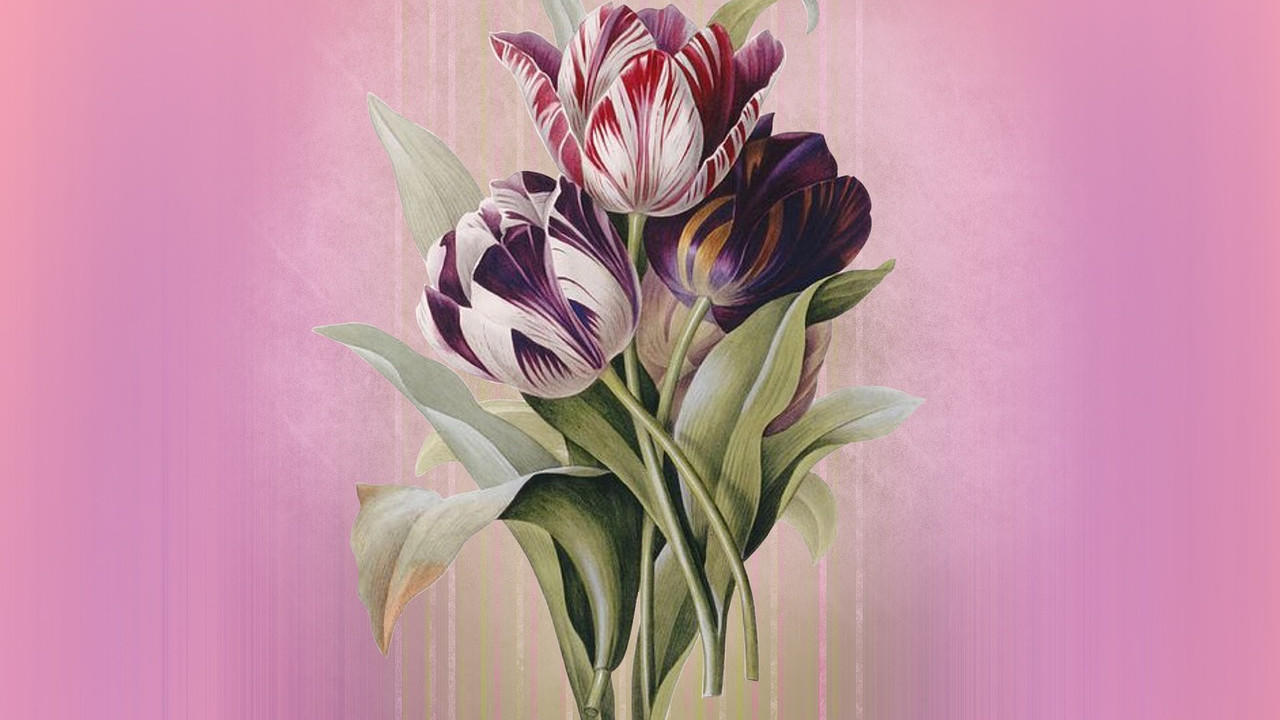Blog
At Day’s End

Here are some of the questions to ask ourselves when the day is done.
Did today matter?
At Day's End By John Hall
Is anybody happier
Because you passed his way?
Does anyone remember
That you spoke to him today?
The day is almost over,
And its toiling time is through;
Is there anyone to utter
Now a kindly word of you?
Can you say tonight, in parting
With the day that's slipping fast,
That you helped a single brother
Of the many that you passed?
Is a single heart rejoicing
Over what you did or said?--
Does the man whose hopes were fading
Now with courage look ahead?
Did you waste the day or lose it?
Was it well or sorely spent?
Did you leave a trail of kindness
Or a scar of discontent?
As you close your eyes in slumber,
Do you think that God will say,
"You have earned one more tomorrow
By the work you did today?"
The wisdom of silence

Continuing with our series on the timeless wisdom of Imam Ali (as), the quote for today is: "Safety lies in silence. It is easier to rectify what you miss by silence, than to secure what you lose by speaking". Imam Ali (AS)
Have you ever put your foot in your mouth? Said the first thing that came into your head without pausing to consider if it met the criteria for wise speech or if it needed to be said at all?
If you have, you have probably lived to regret such statements. It is so easy to react in the moment and say things which add no value to our life and can cause pain and distress to those we love.
It is helpful to remind ourselves that we lose nothing by pausing, breathing and choosing silence in the moment. Our speech is more impactful if we are intentional in choosing our words, not reacting in the moment.
A mental mantra that I often repeat to get into the habit of pausing before speaking is: "Engage brain before operating mouth".
Try it.
Be creative with your interpretations

Continuing with our series on the timeless wisdom of Imam Ali (as), the quote for today is: "Do not think of anyone's statements as evil if you can find it capable of bearing good".
It is clear that what people say to us and how we interpret their statements are two distinct parts of each communication.
When our emotional bank account with a person is low, it is easy to interpret what they say more negatively than they intend. We can pause, notice this tendency and choose to give it a positive interpretation. Give them the benefit of the doubt, so to speak.
Being creative and positive with our interpretations of another's words and actions takes intentionality and practice. Over time, it can become a habit.
A habit that brings more positivity into our lives and improves our relationships.
Worth a try, don't you think?
Money and happiness

Let's face it. Our generation as a whole has more money and disposable income than any other generation in history. This material progress has not resulted in increased emotional or psychological wellbeing.
Quite the opposite.
We are so rich, in fact, that we have "rich people problems" and our youngsters (not to mention their parents) have managed to catch a brand new virus.
This 'virus' is called the "Affluenza Virus" and it is defined as "a painful, contagious, socially transmitted condition of overload, debt, anxiety and waste resulting from the dogged pursuit of more."
Symptoms of the "Affluenza Virus" include:
- Shopping Fever . . .shopping as entertainment and fulfillment. (Newsflash: Just as "dieting makes you fat" so "retail therapy makes you sad.")
- Chronic Stress . . .
- Hypercommercialism . . . confusing personal identity with the brands you wear
- Believing that "Anti-social behavior in pursuit of a product is a good thing."
- A Rash of Bankruptcies . . . the top 10%...
The Happiness Equation

In the book Happiness: Unlocking the Mysteries of Psychological Wealth, Diener and Biswas-Diener explain the connection between income and happiness.
What they found was that the amount of money a person earned only modestly predicted whether or not they were satisfied with their income. Their studies found that some people with a lot of money could not meet their desires, and others with little money were able to do so.
Based on this research, the authors explain that happiness from one's income boils down to a simple formula – "the happiness equation" – which is:
Happiness = What we (actually) have / what we want (what we aspire to have).
Even those of us with basic math can figure out that according to this equation, as our wants increase, our satisfaction with what we have decreases in comparison and this results in a reduction in our overall happiness level.
So a simple way to increase our life satisfaction, or happiness, it seems, is to keep our wants and desires in check.
A si...
Can you control your happiness?

Through studies with identical twins separated at birth, scientists have discovered that about 50% of our happiness is determined by our genetics and that we have a "happiness set point"—a level of happiness we tend to gravitate toward.
What this means is that when good or bad things happen to people, they tend to get back to their "happiness set point" quite quickly after the happy or sad event.
Surprising right?
Another 10% (ONLY!!) of our happiness is determined by our life circumstances. Most of us spend so much energy on trying to change our life circumstances but research shows that increasing our wealth, living situation etc. etc. and stuff like that has both a negligible and a temporary impact on our well-being. WOW!
What about the rest of the 40%?
Sonja Lyubomirsky, one of the most respected researchers in this field and the author of the brilliant book, The How of Happiness believes that a full 40% of our happiness is fully within our control and depends upon how we beha...
Make happy choices

In the book Happiness by Diener and Biswas-Diener, the authors write about Barry Schwartz, a psychologist at Swarthmore College, who has identified two decision-making styles: "satisficing" and "maximizing".
Satisficers, they explain, are people who have a minimum threshold for what is acceptable to them. They are happy with 'good enough' rather than perfect. Maximizers, on the other hand, are people who strive to get the very best out of every decision. Good enough is NOT good enough for them.
It sounds rather appealing being a maximizer – wanting to make the 'best possible' decision, doesn't it?
However, it turns out that maximizers are never happy with their choices. They tend to second guess themselves and are always wondering if they could have done even better.
So, although maximizers might achieve more, they are rarely happy with their achievements. They are also less likely to be happy, optimistic or have high self esteem. They are more susceptible to regret and depression....
Do you envy your neighbor’s lawn?

I have a confession.
As soon as summer starts, I look at the beautiful gardens in my neighborhood and am frankly quite envious of the thick, green, golf course-quality grass and the neatly laid out, lush flower beds that surround our somewhat neglected backyard.
I begin to believe that the grass is, indeed, "greener on the other side of the fence".
It seems so unfair. I, too, want green grass and a beautiful garden.
And then I notice that while I am lazing around in the spring, sipping tea and gazing longingly at their gardens and wishing I had the same . . . the neighbors are out whatever the weather. They are tending to their garden, watering the lawn and weeding and feeding the flower beds.
I realize that it is not unfair after all. Nature, it seems, rewards effort. The grass, it turns out, is greener where it is watered and cared for.
So instead of wasting time and energy on envying the neighbors this summer, I plan to start watering the grass on our side of the fence and work ha...
The big secret behind the voice of the inner critic

Consider this: your inner critic actually has the best intentions. S/he fears for your safety. And s/he has taken on the job of the inner critic to keep you safe by keeping you small. If you do take risks, you cannot fail. You will be 'safe'.
In order to keep you safe, your inner critic tells you off, criticizes you and creates doubts and hesitations.
It ALWAYS operates from FEAR.
The fear of failure, of rejection, of not getting it right . . . It does not want you to experience any of these.
Here's the issue, though: It is said that ships are safe in harbour. If they do not leave the harbour they do not have to face the storms and the uncertainties that are inherent in leaving the safety of the dock.
But ships are not made for the harbour, are they?
Just as ships are built to sail out of harbor, you have come here to learn, to grow, to evolve, to share your gifts and to reach your full potential.
You cannot do any of this if you continue to play it safe and small and not leave th...
What would you tell your best friend?

If a friend expressed self doubt or negative feelings towards himself or herself, what would you tell them? How would you encourage them to be realistically optimistic?
Would you say, "you are so stupid, you will never get this right"?
Or, are you more likely to say, "Yes you made a mistake. Who doesn't? Just learn from it and move on".
Should we not be at least as kind and encouraging to ourselves as we are to our friends?
